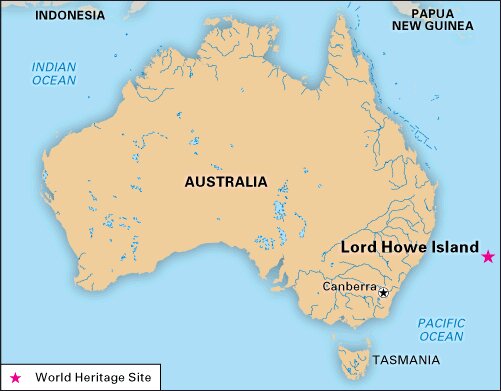Important Facts For Prelims
Important Facts For Prelims (4th April 2019)
- 04 Apr 2019
- 6 min read
Advance Pricing Agreement (APA)
- The Central Board of Direct Taxes (CBDT) entered into 18 APAs in the month of March 2019, which include 3 Bilateral APAs (BAPAs).
- The total number of APAs entered into by the CBDT in the year 2018-19 stands at 52, which includes 11 BAPAs.
- The total number of APAs entered into by the CBDT as of now stands at 271, which inter alia include 31 BAPAs.
- The Advance Pricing Agreement (APA) programme in India was launched in 2012 vide the Finance Act, 2012 through the insertion of Sections 92CC and 92CD in the Income-tax Act, 1961.
- APA is an agreement between a taxpayer and tax authority determining the transfer pricing methodology, for pricing the taxpayer’s international transactions for future years.
- Once the APA is sealed, the methodology is to be applied for a certain period of time-based on the fulfillment of certain terms and conditions.
- The agreement helps in addressing complex transfer pricing issues in a fair and transparent manner.
- Transfer pricing is the setting of the price for goods and services sold between controlled (or related) legal entities (may be situated in different countries)within an enterprise.
- An APA can be unilateral, bilateral, or multilateral.
- Unilateral APA: An APA that involves only the taxpayer and the tax authority of the country where the taxpayer is located.
- Bilateral APA (BAPA): an APA that involves the taxpayer, associated enterprise (AE) of the taxpayer in the foreign country, tax authority of the country where the taxpayer is located, and the foreign tax authority.
- Multilateral APA (MAPA): an APA that involves the taxpayer, two or more AEs of the taxpayer in different foreign countries, tax authority of the country where the taxpayer is located, and the tax authorities of AEs.
Central Board of Direct Taxes (CBDT)
- It is a statutory authority that functions under the Central Board of Revenue Act, 1963.
- It is a part of the Department of Revenue in the Ministry of Finance.
- It provides inputs for policy and planning of direct taxes in India and is also responsible for the administration of direct tax laws through the Income Tax Department.
- Direct Taxes include income tax, corporation tax etc.
NuGen Mobility Summit 2019
- The International Centre for Automotive Technology (ICAT) will organize a NuGen Mobility Summit, 2019, at Manesar, NCR, from 27th to 29th November 2019.
- The objective of the Summit is to share new ideas, learnings, global experiences, innovations and future technology trends for faster adoption, assimilation and development of advanced automotive technologies for a smarter and greener future.
- It will help in building a platform for bringing together all stakeholders in the automotive industry to understand global advancements in technologies.
- Track demonstrations, drive-touch-feel activity and lab demonstrations on upcoming vehicle technologies like connected mobility, electric mobility, alternate fuels, intelligent transportation system, hydrogen fuel cell, hydrogen IC engine, vehicle dynamics, advanced materials and lightweight, end of life vehicles and recycling will be the uniqueness of this event.
ICAT Manesar
- It is a division of NATRIP Implementation Society (NATIS) under the Department of Heavy Industries, Government of India.
- National Automotive Testing and R&D Infrastructure Project (NATRIP) is the largest and most significant initiative in the automotive sector which represents a joining of hands between the Government of India, a number of State Governments and Indian Automotive Industry to create a state of the art testing, validation and R&D infrastructure in the country.
- It provides services for testing, validation, design
and homologation of all categories of vehicles and has a mission to assist the automotive industry in adopting cutting edge technologies in vehicle evaluation and component development to ensure reliability, durability and compliance to the current and future regulations in new generation mobility solutions.
Coral Bleaching
- The world’s southernmost coral reef has been hit by bleaching highlighting that the rising sea temperatures from climate change were affecting even the most isolated ecosystems.
- The corals off Lord Howe Island (600 km offshore from Sydney) were affected by elevated temperatures, despite escaping severe bleaching that damaged the Great Barrier Reef in 2016 and 2017.
- Bleaching occurs when abnormal environmental conditions, such as warmer sea temperatures, cause corals to expel tiny photosynthetic algae, draining them of their colour.
- Increasing baseline temperatures caused by climate change, and local factors such as elevated temperatures in the area this summer, caused the bleaching to occur.






